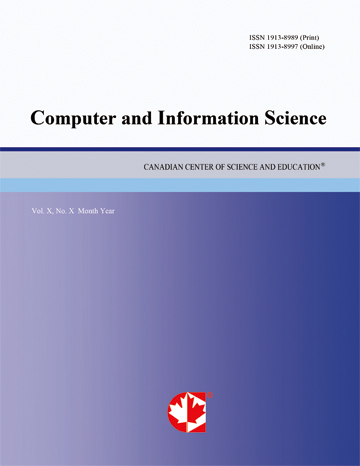Requirements Determination as a Social Practice: Perceptions and Preferences of Novice Analysts
- Issam Jebreen
Abstract
Abstract—At its core, Requirements Determination (RD) is fundamentally a collaborative social practice that involves multiple stakeholders who must work together to communicate, discuss and finally confirm the requirements for the system to be implemented or updated. With a potentially large number of (groups of) stakeholders involved, each with their own perspective on the system as well as their own level of understanding, the form and nature of communication in the RD process are worth investigating and improving, particularly given the impact of RD on other stages of software development, operation, and support. The many human interfaces associated with RD can lead to a variety of communication challenges, including miscommunication between users and analysts and misunderstandings between analysts and developers, all of which can add time and cost to software projects. In this paper we report on our use of the Communicative Adaptability Scale (CAS) questionnaire to assess the communicative competence of 45 novice analysts in social interaction. Through the questionnaire we have investigated the perceptions of analysts regarding the most effective channels through which to receive and send relevant RD information. Analysis leads us to confirm that first, face-to-face communication is the channel that our novice analysts prefer to employ in order to communicate with users during RD. Second, our novice analysts consider themselves to have the ability and desire to communicate in novel social contexts. The outcome of these experiences is the development and refinement of a social communication repertoire. Third, and less positively, our novice analysts consider themselves to have a lesser ability to engage in conversations with others who were not known previously. Furthermore, our analysis shows that our novice analysts perceive themselves to have limited competence to clearly express their ideas. Specifically, our analysts believe they have limited competence in word choice, pronunciation, and grammatical structure to express their ideas in a manner appropriate to the social context. Preferred channels of communication are confirmed, but their utility will be moderated by analysts’ ability to interact in social settings. Additional training in communication skills, particularly articulation, may be of particular benefit to novice analysts.
- Full Text:
 PDF
PDF
- DOI:10.5539/cis.v8n3p134
Journal Metrics
WJCI (2022): 0.636
Impact Factor 2022 (by WJCI): 0.419
h-index (January 2024): 43
i10-index (January 2024): 193
h5-index (January 2024): N/A
h5-median(January 2024): N/A
( The data was calculated based on Google Scholar Citations. Click Here to Learn More. )
Index
- BASE (Bielefeld Academic Search Engine)
- CNKI Scholar
- CrossRef
- DBLP (2008-2019)
- EuroPub Database
- Excellence in Research for Australia (ERA)
- Genamics JournalSeek
- GETIT@YALE (Yale University Library)
- Google Scholar
- Harvard Library
- Infotrieve
- Mendeley
- Open policy finder
- ResearchGate
- Scilit
- The Keepers Registry
- UCR Library
- WJCI Report
- WorldCat
Contact
- Chris LeeEditorial Assistant
- cis@ccsenet.org
